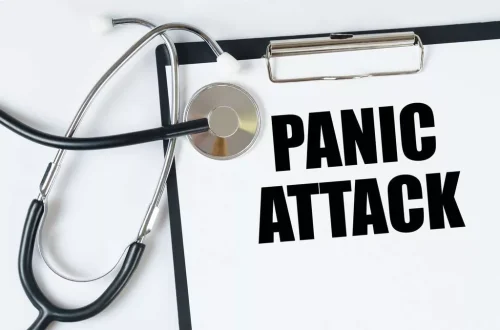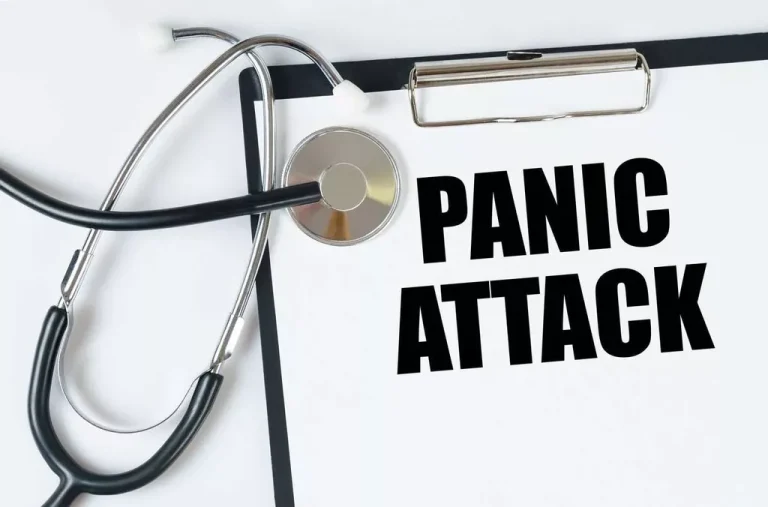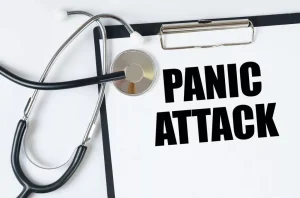
Drinking problems put an enormous strain on the people closest to you. Despite the potentially lethal damage that heavy drinking inflicts on the body—including cancer, heart problems, and liver disease—the social consequences can be just as devastating. Alcoholics and alcohol abusers are much more likely to get divorced, have problems with domestic violence, struggle with unemployment, and live in poverty. This included people who engaged in excessive drinking and binge drinking. However, the study did find that people who engaged in binge drinking more often were also more likely to be alcohol dependent.
Social Breakdown
Symptoms of alcohol withdrawal can be mild, moderate, or severe. Many symptoms can be managed at home, but moderate to severe withdrawal should be supervised by a healthcare professional and may require inpatient treatment. Alcohol abuse was defined as a condition in which a person continues to drink despite recurrent social, interpersonal, health, or legal problems as a result of their alcohol use. A person who abuses alcohol may also be dependent on alcohol, but they may also be able to stop drinking without experiencing withdrawal symptoms. When you’re ready to make a change to your alcohol use, we will be prepared to help find the best way for you to stop drinking or cut back. UCS Healthcare has made it easier than ever to seek help from licensed professionals by offering virtual care and assessments.
Finding hope after a mental health and addiction crisis

When it comes to identifying whether someone has a drinking problem, the process is fluid. Doctors consider multiple factors when gauging a patient’s alcohol issues and advising treatment. Make your tax-deductible gift and be a part of the cutting-edge research and care that’s changing medicine. You’ll soon start receiving the latest Mayo Clinic health information you requested in your inbox. Alcohol use disorder affects millions of adults and youth in the United States each year.
- The condition can vary in intensity — mild, moderate, or severe — and depend on the number of symptoms met.
- Nevertheless, if a family member who finds that their loved one scores significantly high on the test, they can safely assume that more investigation is warranted.
- The number of “yes” answers determines the level of alcohol use disorder.
- Self-assessments can be helpful for spotting the signs of a problem, but consider talking to your healthcare provider if you are concerned about your alcohol consumption.
Signs You Have a Drinking Problem

During the adaptation stage, make conscious decisions to change your problematic habits. This is different for each person, but adaptation may include drinking later in the day, drinking less often on weeknights or stop drinking out of boredom. Other treatment options include counseling and 12-step support groups. At U-M’s addiction treatment center, an offering known as the Discovery Group targets people who may or may not feel they have a substance use problem and are unsure whether they want to change. Alcohol use disorder is a pattern of alcohol use that involves problems controlling your drinking, being preoccupied with alcohol or continuing to use alcohol even when it causes problems. This disorder also involves having to drink more to get the same effect or having withdrawal symptoms when you rapidly decrease or stop drinking.

Stage 3: Physical Relapse

The statements in this quiz can help you figure out whether you might need the support of a mental health professional for the symptoms you’ve been experiencing. No matter whether a person has a mild or severe case of alcohol use disorder, the condition can seriously impact am i an alcoholic their daily life. Functional alcoholism defies the usual stereotypes of the alcoholic in society.
- This doesn’t make you a bad person, but it does make it more urgent that you look for help to change your habits and get your relationships back on track.
- If it happens, it is important that you get back up, dust yourself off and get back on the path to recovery.
- Alcohol is a drug, and alcoholism is every bit as damaging as drug addiction.
- For men, it’s 4 or fewer drinks in a session and 14 or fewer drinks per week.
